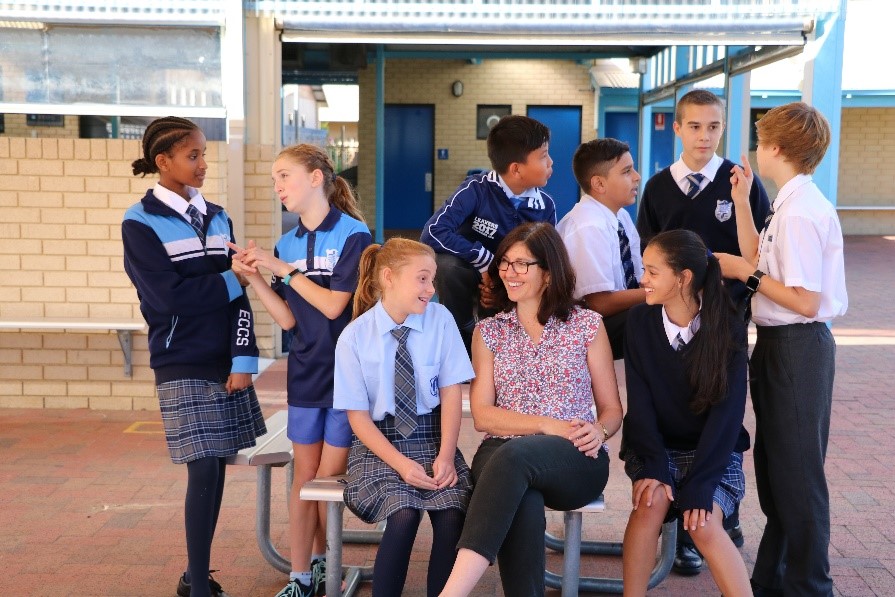The role of Chaplain within an organisation is one that is relational, context specific and an important visible presence. The Chaplain ‘comes alongside’ people where they are, and the regular and routine relationship-building and trust is manifestly blessed and useful when serious incidents, personal or community issues come to the fore, or when someone just needs a listening ear and a confidential conversation.
We have a very small number of commissioned and licensed chaplains in our schools, but are keen to encourage schools to explore the benefits for the children and young people, staff and wider community in appointing one to your staff.
Chaplaincy in Education can be transformative – it:
- Offers spiritual and pastoral care to everyone and shares the life of the community
- Is distinctively Christian, inclusive and works with people of all faiths and cultures
- Is sometimes seen as ‘the public face of God’ for the school community
- Provides a chance to listen and care, to pray for and bless the school and its community
We have produced a toolkit designed to help answer some of the questions that you may have regarding a chaplaincy role in one of our schools academies in the Winchester and Portsmouth dioceses.
A Vision for Chaplaincy
This is not a ‘one size fits all’ process. There are many ways of articulating a vision for chaplaincy in education. Some examples are:
- Distinctively Christian and utterly inclusive, working with people of all faiths and cultures.
- Bringing ‘life in all its fullness’ to schools and colleges.
- Spiritual and pastoral care for all.
- The chaplain is there to listen and care, to pray for and bless the school.
- The public face of God.
- Existentially literate, at ease with spirituality and with matters of life and death.
- Sharing the life of the community; a member of the team, rather than a visitor.

